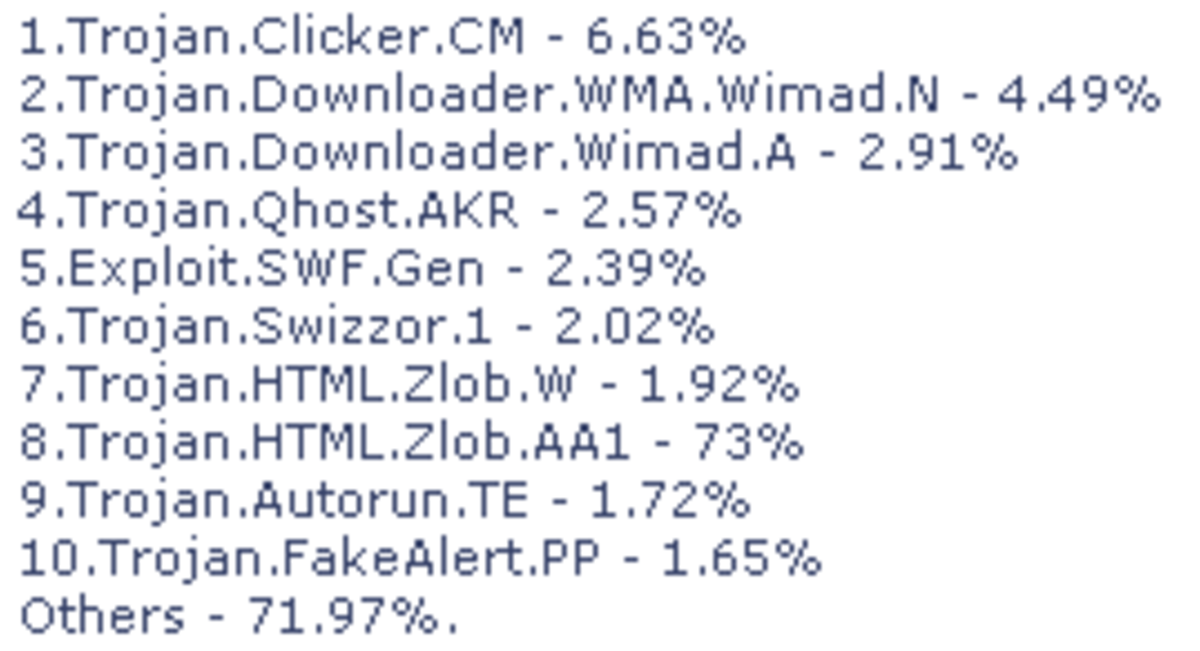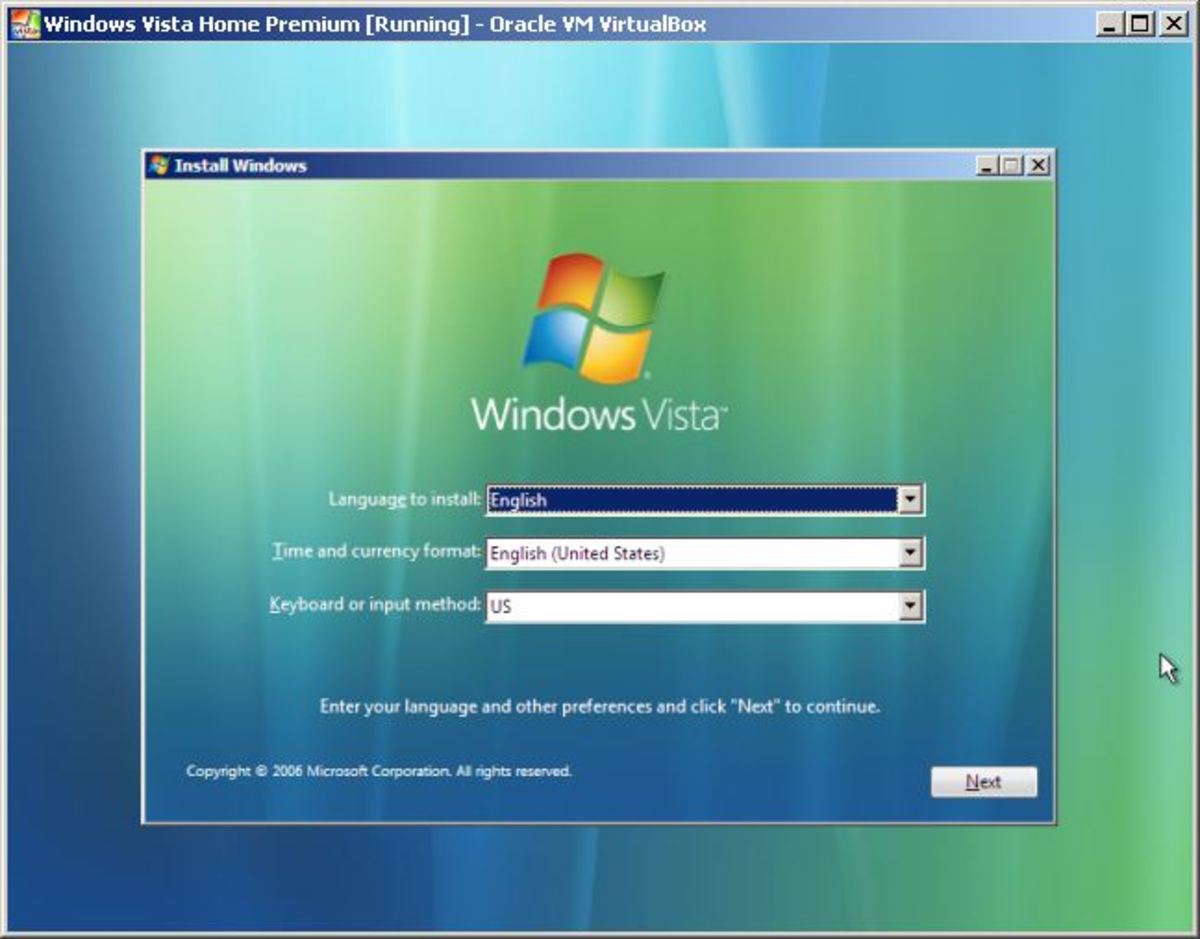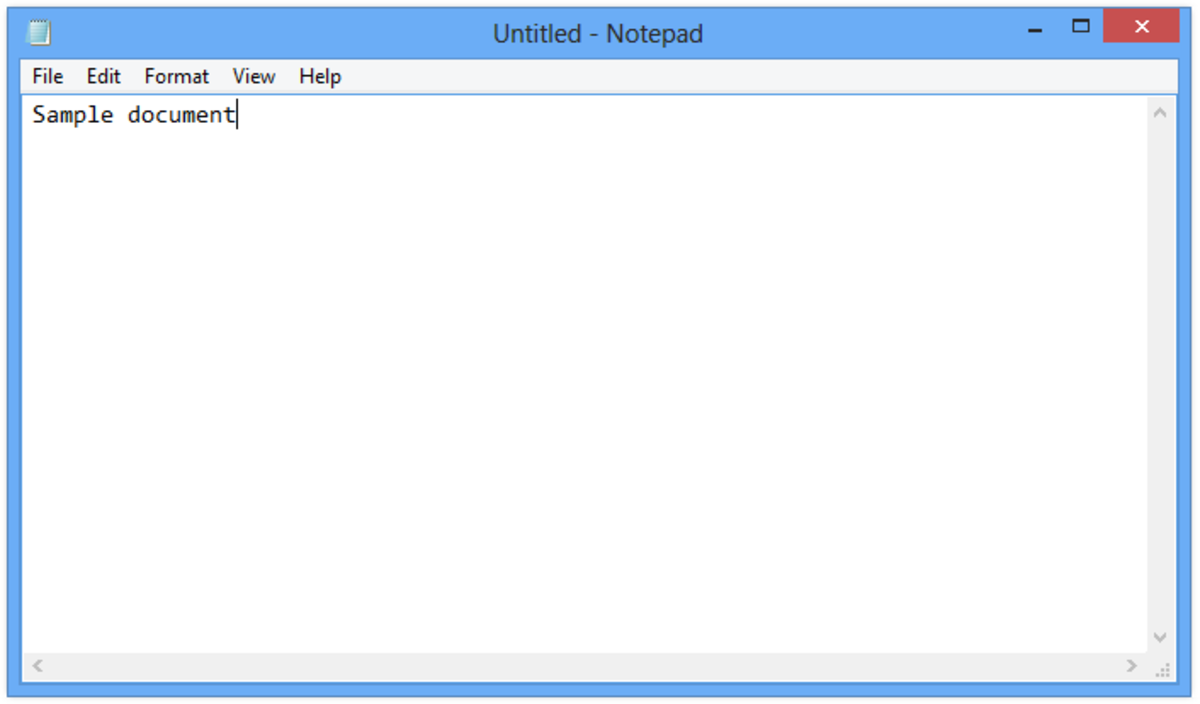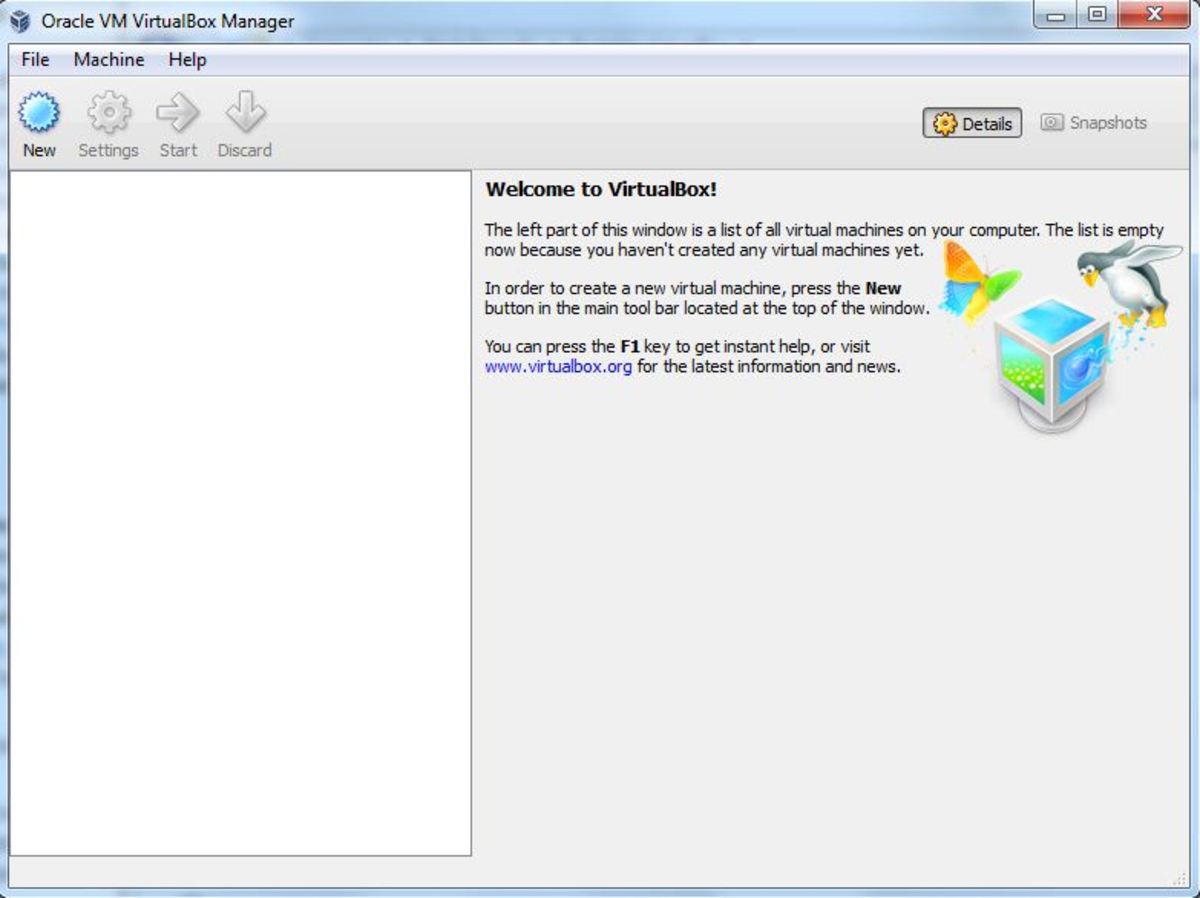- HubPages»
- Technology»
- Computers & Software»
- Computer Software
Best Free Antivirus, Firewall and Anti-malware for Windows

Use a GOOD Firewall
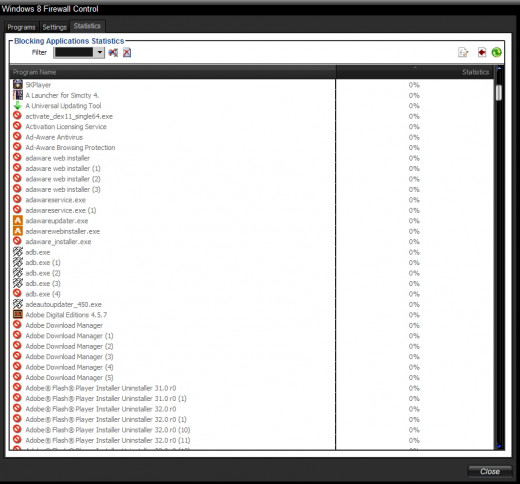
I think the most important security tool, and the tool one must install first, even before connecting to the internet is the firewall. Even if the firewall we’re going to use is not that powerful.
I mean, there are firewalls and then there are dedicated firewalls. I would classify the one that comes with Windows as the baseline from which to start. Even if we plan on installing a dedicated one afterward.
We must be sure that on our first connection to the internet, Windows firewall is up and running. Anyway, after we connected to the internet for the first time, and while we are downloading and installing the other security apps, we must improve upon Windows firewall.
We must go by two routes on our first connection to the internet with the new Windows installation.
Keep Using Windows firewall
In this case, we must get a better front-end for it, than the one that comes with Windows. For example Sphinx Software's Windows 10 Firewall Control.
It’s not free, but the functionality the free version comes with is more than enough for what we need.
I repeat it’s imperative to use a front-end like Windows Firewall Control if we’re going to rely on Windows firewall.
The built-in Windows firewall isn’t secure by design. One way to deal with malware and viruses that call back home is to read the outgoing suspicious connections dialogs that Windows Firewall Control will pop-up when it detects them.
Install a Dedicated Firewall
In my experience, installing a personal firewall, like ZoneAlarm or Comodo Firewall, makes Windows much more secure than simply using the built-in one, with or without front-end.
There’s a catch when using dedicated firewalls: one should have basic networking knowledge. Or at the very least capacity to pay attention to the firewall’s design and the dialogs that it will show us.
I ain’t going to go into detail on how to use a firewall.
The only thing I’m going to say is that if one isn’t disposed to learn how they work in general, and how the one has does it in particular, or to pay attention and not trust blindly the dialogs that will appear when we use them, then forget about them and stick to the one that comes with Windows.
The free ones I would recommend are these, ordered from best to worst
1.Comodo Firewall: great but needs considerable attention, disruptive
2.ZoneAlarm: the one that caught the most of the bad stuff, not as disruptive
3.PC Tools Firewall: okay, but may cause micro-lockups of Windows
Use Free Windows Antiviruses

The subject of computer viruses is very polarizing and for some persons, like me, it’s downright indignant to even talk about them.
I just don’t want to talk about anything on an “industry” that’s a scam since it started. A crooked business model would be created in which the developer develops viruses, spreads them, and then creates and sells the antivirus to clean them.
Things being like that, one should look at those companies with a different agenda. How do you spot those that aren’t crooked? That’s a good question and I don’t have the answer.
Still, a good start in that direction would be an antivirus that’s good and free at the same time. Like for instance Avira. There are inferior free alternatives to Avira too.
Generally, the inferior antiviruses are programs that are part of a bigger development, like for instance Comodo Antivirus.
A lightweight or part of an integrated suite antivirus might look okay in every sense. Yet, these cases aren’t okay in power for the detection and stopping of viruses.
The free ones I used, best to worst:
1.Avira: modern interface, most virus hits, ease of use, resource-intensive
2.Comodo Antivirus: less resource-intensive, not as many virus hits
3.ClamAV+ClamSentinel: Outdated interface, but definitions still get updated, the most resource-intensive of these three, you need the ClamSentinel add-on tho have the functionality of contemporary antivirus programs.
Be Prepared to Mutate with Antimalware

Through the years, I haven’t found good free solutions to mitigate the malware threat. I have suffered attacks, yes, I guess millions of them, but either the poor preparation I had sufficed or I was incredibly lucky.
I started more than a decade and a half ago to use anti-malware programs. I began with Spybot Search and Destroy, AdAware, HijackThis! and (I think) Hitman Pro.
Even back then, to use only Spybot wasn’t enough. That fact still holds today, that if you use Spybot, you must always complement with another.
From when I started, I used Spybot in conjunction with AdAware.
Why did I write as the title of this section to be prepared to mutate?
Precisely because the Spybot and AdAware combination didn’t last forever. AdAware mutated into an integrated suite of sorts, including antivirus and I don’t know what else. And many others did the same.
You can use the ones that have a free trial on a rotation basis, but that’s time-consuming and ultimately annoying and disruptive.
1.Malwarebytes: not free, has one month trial. Has a high detection rate.
2.Spybot Search and Destroy: very old, still updated, gives false positives.
3.Hijack This: Cleans malware but must be used with care, highly destructive if one doesn’t know what one’s doing.
Outro
Today, there is a trend of blurring one type of program with others, with mediocre results.
I see where it’s going, it’s going to come to a point when everyone does integrated suites that pretend to be all the security solutions in one, but I’m yet to see how that’s going to turn out, and if there’s going to be any free alternative.
This article is accurate and true to the best of the author’s knowledge. Content is for informational or entertainment purposes only and does not substitute for personal counsel or professional advice in business, financial, legal, or technical matters.
© 2020 Martin Wensley

